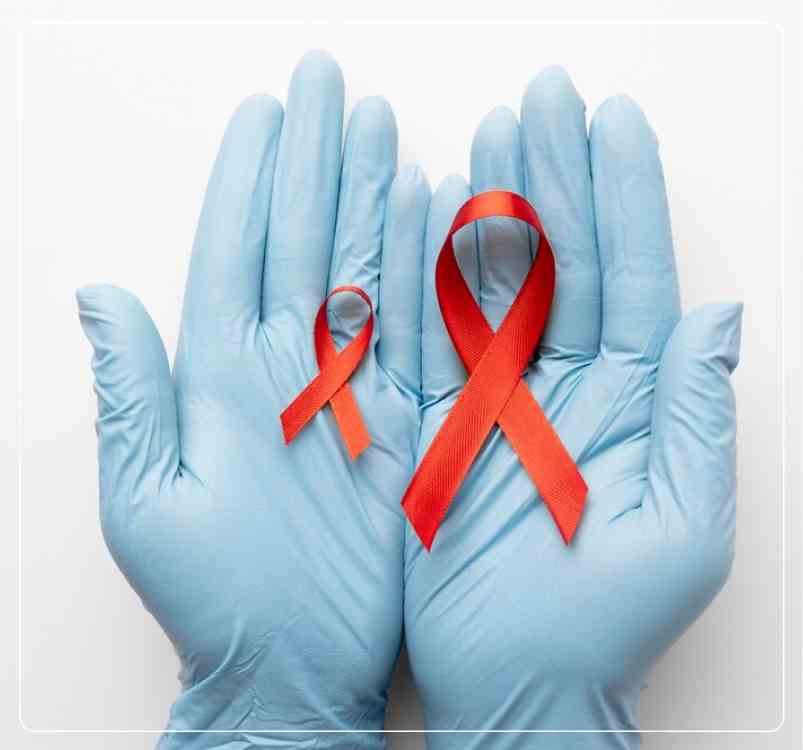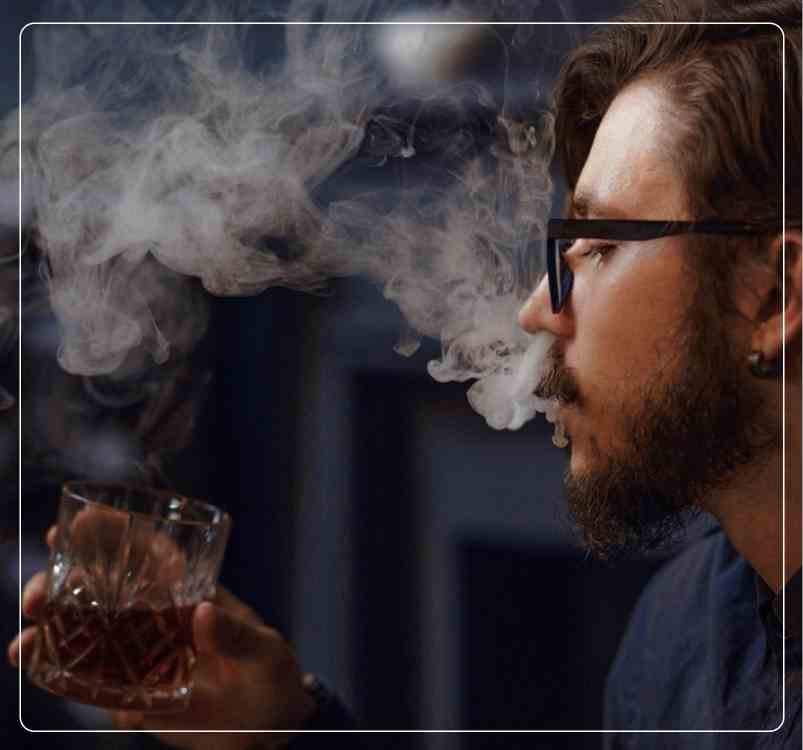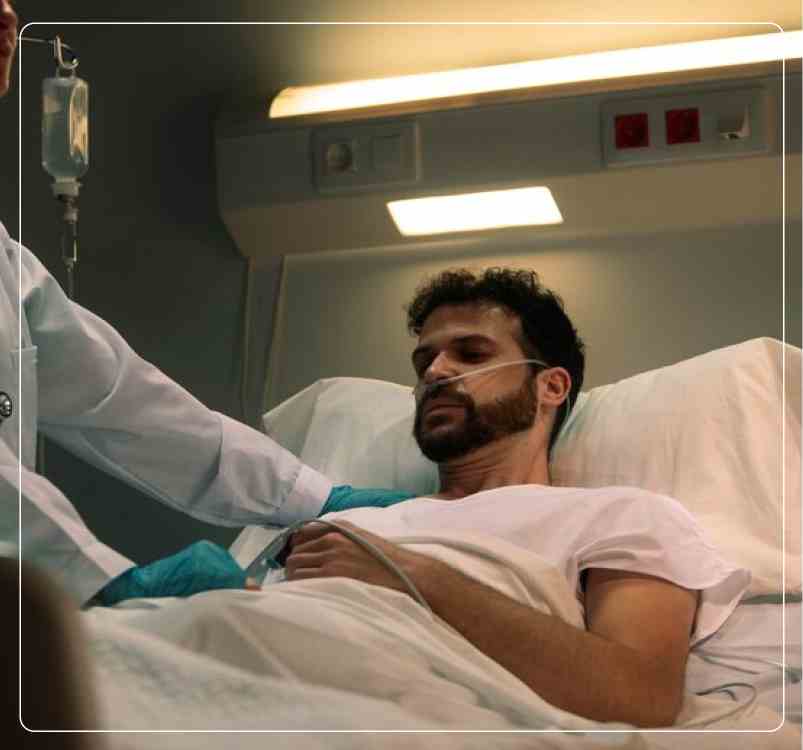Rectal Cancer
Dr. Mukti Mukherjee
[12+ Years Experience]
Radiation Oncologist In Kolkata
Rectal Cancer Doctor in Kolkata
Rectal cancer is a type of cancer that develops in the tissues of the rectum. The rectum is the final part of the large intestine, responsible for storing stool before it’s passed from the body. Located between 6 to 8 inches long, the rectum helps the digestive system by processing nutrients and excreting waste.
Speak with Dr. Mukti Mukherjee for comprehensive, personalized care.
Symptoms
Rectal cancer can affect everyone, regardless of men and women. Individuals with rectal cancer may experience some common symptoms, such as:
Early Symptoms
- Rectal bleeding.
- Changes in bowel patterns, such as diarrhea, constipation, or an increased frequency of bowel movements.
- A sensation that the bowels have not been fully emptied.
- Discomfort during bowel movement.
- Blood in the stool (bright red or dark maroon).
- Narrower stools than usual.
Symptoms of More Advanced Rectal Cancer
- Unexplained weight loss.
- Exhaustion or tiredness.
- Abdominal discomfort and distension (frequent gas pains, bloating, or cramps).
- Discomfort when sitting and perianal pain.
- Change in appetite.
- Excessive fatigue.
Reach out: Your path to quality care starts here
58, Canal Circular Rd, Kadapara, Phool Bagan, Kakurgachi,
Kolkata – 700054
Let’s Talk
Causes
Family history.
Genetic conditions like polyposis.
Smoking and Alcohol consumption.
Individuals with inflammatory bowel disease (Crohn’s disease or ulcerative colitis).
A diet high in red meat and processed foods.
Being overweight or obese increases the risk.
Sedentary lifestyle.
Evaluation

Physical examination including digital rectal examination

Endoscopic screening, Colonoscopy, Sigmoidoscopy

MRIs, CT scans, and PET scans

Biopsy

Blood tests

CT colonoscopy/ Endosonography or EUS/ Double contrast barium enema (DCBE)

Fine-Needle Aspiration Biopsy for cellular-level analysis
Stages
Rectal cancer is categorized into stages based on its growth and spread.
Early Stage (I-II)
Locally Advanced (III)
Metastatic (IV)
Management
Radiation therapy
Chemotherapy
Surgery
Targeted therapy
Angiogenesis inhibitors
Immunotherapy
Frequently Asked Questions
Can rectal cancer be 100% cured if detected early?
Early-stage or localized rectal cancer has high cure rates, with over 90% survival possibilities when diagnosed and treated by specialized oncologists.
Does rectal cancer cause pain?
Pain is not always an early symptom but can occur in later or advanced stages.
Does rectal cancer always require surgery?
While surgery is often a primary treatment option for rectal cancer, it’s not always the only course of action. Other treatments, such as radiation therapy and chemotherapy, may be used independently or in combination with surgery.
How long does radiation therapy for rectal cancer typically last?
Standard radiation treatment ranges from 5-6 weeks, with daily sessions lasting 15-30 minutes, depending on the cancer’s stage and individual patient needs.
What are the risks of rectal cancer if left untreated?
Without treatment, rectal cancer can progress, spread to other organs, and become life-threatening.




